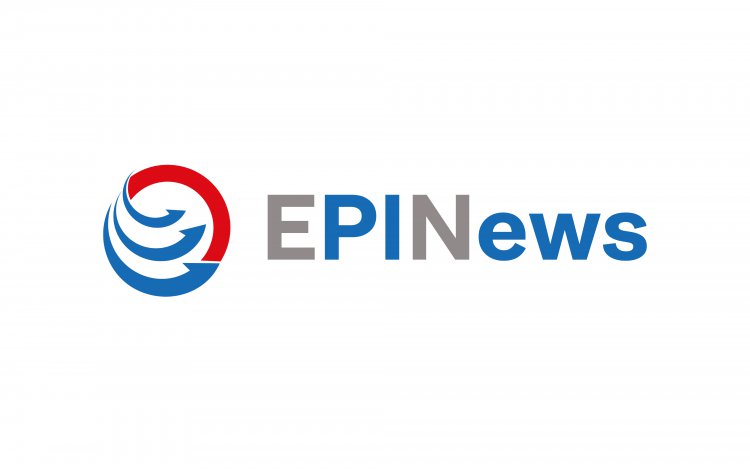
In addition to supporting the response to COVID-19, WHO continued its humanitarian health operations and delivered medicines, equipment and supplies to maintain essential health services throughout the country. As part of its normative/ development work, it collaborated closely with the MoH to prepare Libya’s National Human Resources for Health Strategic Plan for the next eight years. The strategy sets out Libya’s plan to establish a high-quality, skilled health workforce, distributed equitably across all levels of the health system and all geographical areas, by the year 2030. However, the continuing governance vacuum, high levels of corruption and the absence of an approved health budget still hamper the implementation of reforms to rehabilitate the health system, improve accountability and repair damaged health insfrastructure.
As the year drew to a close, Libya had not yet set a new date to hold national elections. The prospects for peace and stability will largely depend on political developments in 2022. The United Nations has urged all parties in Libya to respect the will of the 2.8 million Libyans who have registered to vote. Libya’s leaders must be steadfast in their commitment to democracy, and the people of Libya must be given the means to decide their future, free of foreign interference.